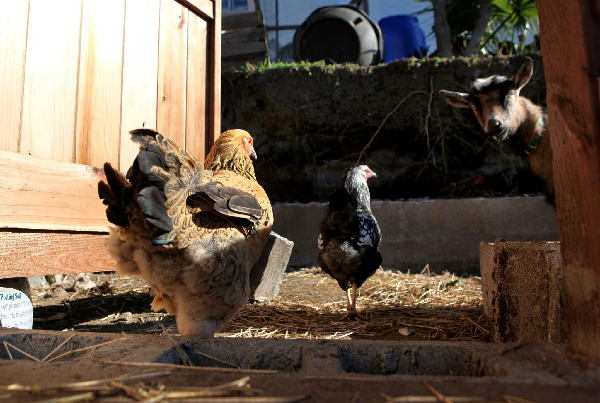The West Virginia Department of Agriculture recently announced a suspension on all poultry exhibitions and sales in the state due to the increasing threat of bird flu nationwide. This precautionary measure was implemented by state Agriculture Commissioner Kent Leonhardt to protect both commercial and backyard flocks from potential infection as waterfowl migrations peak in mid-March.
The ban on poultry exhibitions, shows, swaps, meets, and sales at flea markets or auction markets will remain in effect until at least early April, when the disease status in the area will be reassessed by state and federal regulators. Despite the current outbreak of bird flu since 2022, West Virginia has reported relatively low numbers of cases, with only two backyard flocks and approximately 260 birds affected.
To stay ahead of possible infections, state lab workers have conducted thousands of bird flu tests over the past three years. Leonhardt emphasized the importance of farmers and individuals promptly reporting any sudden changes in their flock’s behavior, widespread illness, or deaths to the Department of Agriculture.
The poultry industry is a significant sector of West Virginia’s agricultural market, making the containment of bird flu crucial to prevent potential economic consequences. Ron Williams, director of public relations for the West Virginia Farm Bureau, highlighted the state’s success in controlling infection rates compared to neighboring states like Ohio, Pennsylvania, Maryland, and Virginia, which have reported widespread outbreaks in recent months.
Despite challenges at the national level, including disruptions in the publication of public health information and funding uncertainties for federally funded initiatives, the state Department of Agriculture remains committed to surveillance and prevention efforts. Leonhardt assured that any policy shifts that may hinder disease control measures will be actively addressed by agricultural officials.
In conclusion, the suspension of poultry exhibitions and sales in West Virginia serves as a proactive measure to safeguard the state’s poultry industry from the growing threat of bird flu. By working closely with state and federal regulators, conducting regular testing, and maintaining vigilance over potential policy changes, West Virginia aims to prevent the spread of avian influenza and protect its agricultural sector.




